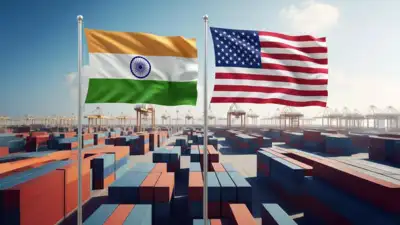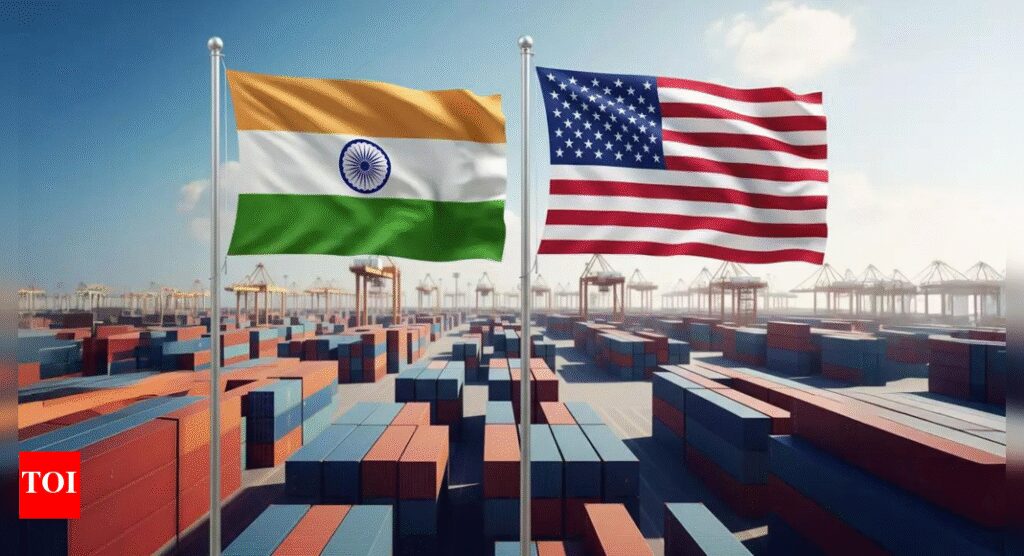
India was unable to secure a carve-out from the UK’s upcoming carbon tax regime under the newly signed Free Trade Agreement (FTA), a shortcoming that could hurt Indian exports of carbon-intensive products such as steel and aluminium from 2027, according to think tank Global Trade Research Initiative (GTRI).The UK government plans to implement its Carbon Border Adjustment Mechanism (CBAM) starting January 2027, following the European Union’s lead in imposing climate-linked levies on imports with high carbon footprints, PTI reported.
Only Trusted Hands Will Get India’s Data: Sunil Bharti Mittal on UK FTA’s Bigger Tech Diplomacy Play
GTRI founder Ajay Srivastava said India’s failure to negotiate a CBAM exemption in the UK FTA creates a trade imbalance. “From January 2027, the UK can impose carbon taxes on Indian steel and aluminum, even as we grant UK goods duty-free access. That’s a serious asymmetry,” Srivastava said, adding, “Expect the same treatment in India’s trade agreement with the EU.” he said. According to GTRI estimates published in May, India’s exports worth $775 million to the UK — including iron, steel, aluminium, fertiliser and cement — may face higher tariffs once Britain enforces CBAM. The tax is expected to range between 14% and 24%, affecting key industrial exports.The UK would become the second major economy after the EU to apply such a border adjustment on emissions, initially targeting sectors such as iron and steel, aluminium, fertiliser, hydrogen, ceramics, glass and cement.India has previously expressed strong concerns over carbon border taxes, labelling them discriminatory and a potential trade barrier.A government official familiar with the negotiations said that while an exemption could not be secured in the current deal, New Delhi has preserved its right to seek remedies if future carbon measures materially impact Indian exports. The official noted that provisions for retaliation or rebalancing of concessions remain on the table if such tariffs are imposed.











